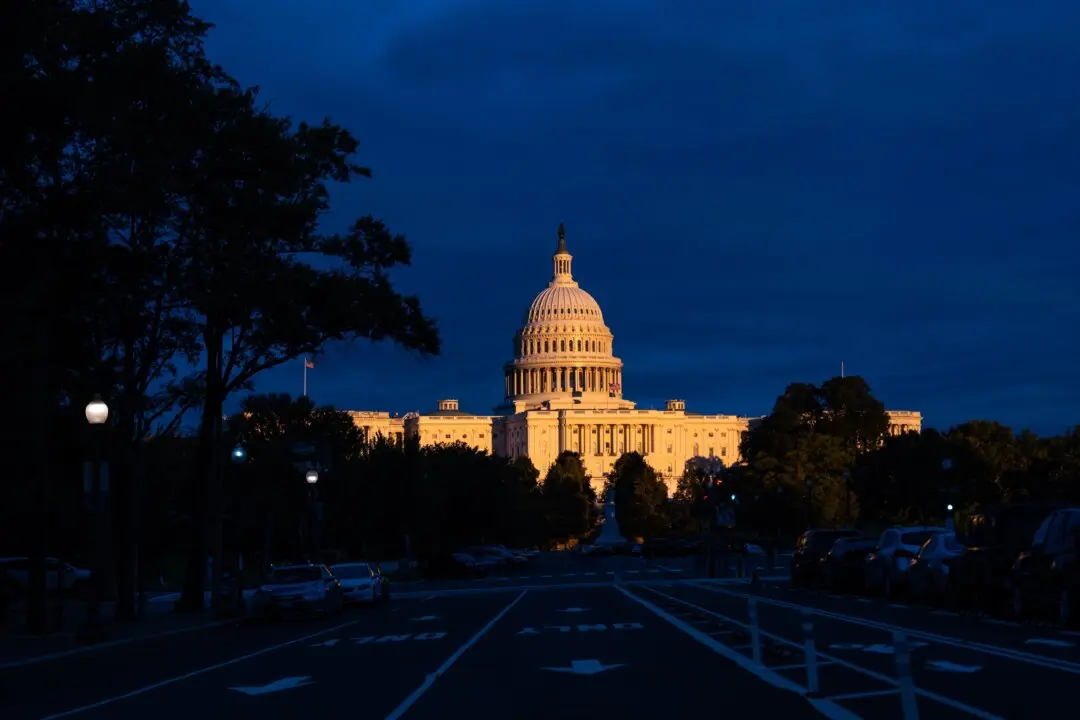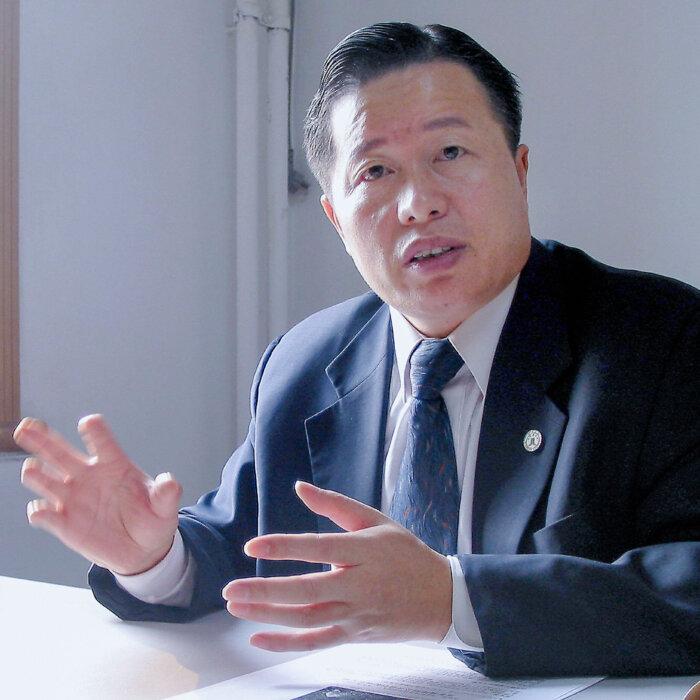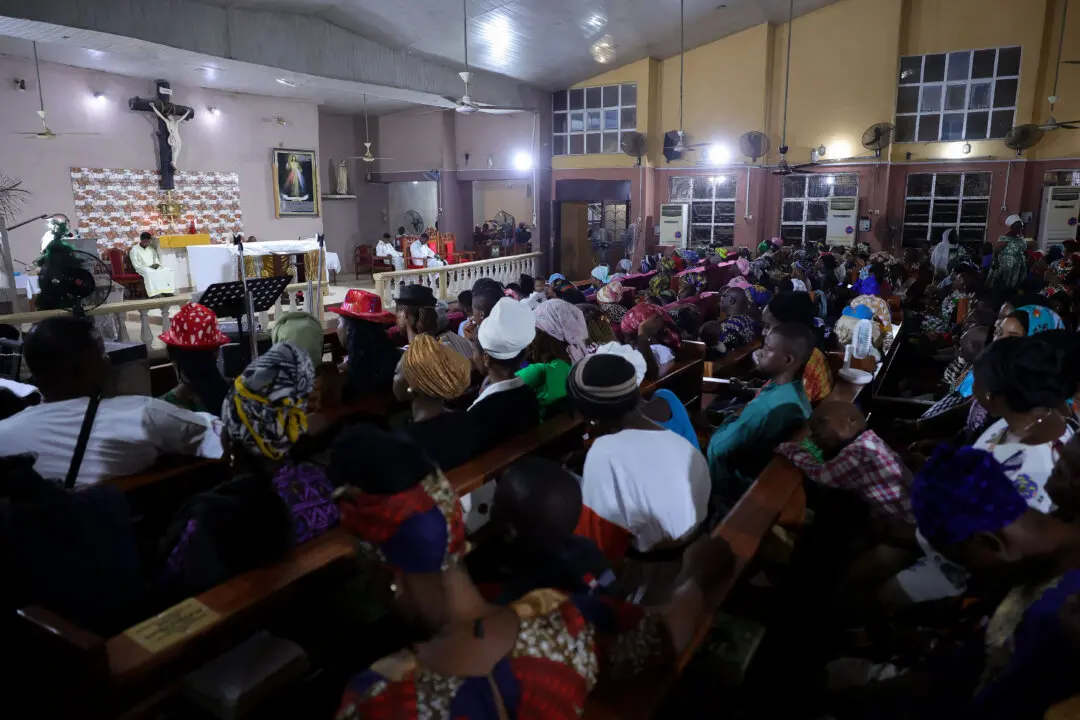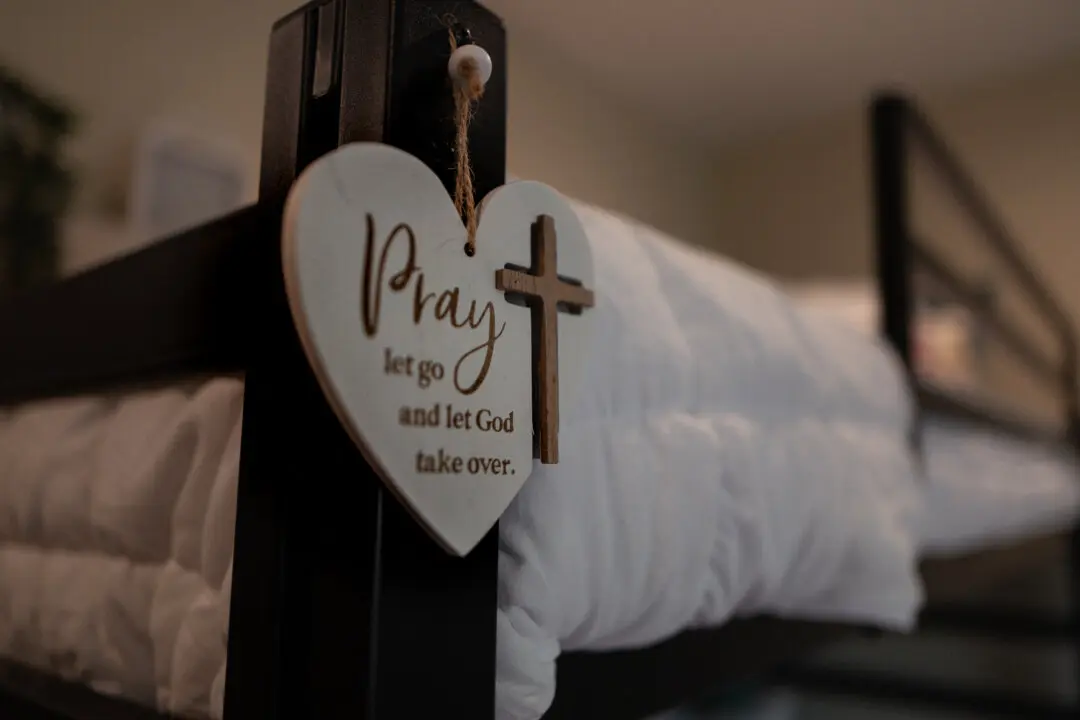The Chinese Communist Party’s (CCP’s) war on faith demands decisive U.S. action, witnesses told a U.S. Commission on International Religious Freedom (USCIRF) hearing on Oct. 16.
Commission Chair Vicky Hartzler called Beijing’s campaign “systematic,” aimed at subjugating faith communities—from house-church Christians to Uyghur Muslims and Tibetan Buddhists.
“In the People’s Republic of China, there is only one entity that the government allows unwavering faithful devotion to, and that is the Chinese Communist Party,” Hartzler said.
Citizens must “adopt and enthusiastically profess their love and support of the Chinese Communist Party,” she stated, while those prioritizing faith or tradition are “considered a threat.”
China recognizes five faiths—Buddhism, Catholicism, Islam, Protestantism, and Taoism—through “patriotic religious associations” but “severely restricts religious groups and micromanages their affairs,” Hartzler said.
She condemned the recent detention of Zion Church founder Pastor Ezra Jin and “dozens of other religious leaders and church staff.”
USCIRF Vice Chair Asif Mahmood said the CCP’s persecution of Uyghur Muslims meets genocide’s legal definition, citing internment camps, coerced faith renunciations, and forced labor.
“Authorities have instructed clergy to preach CCP ideology, ordered the removal of crosses from churches, and required the display of CCP slogans,” he said. Resisters face “harassment, detention, imprisonment, forced disappearance, and even torture.”
The vice chair said the Chinese regime “has ruthlessly persecuted unrecognized religious groups like Falun Gong and the Church of Almighty God in an effort to eradicate their movements as opposed to co-opting them for political purposes.”
Mahmood urged keeping China as a “country of particular concern” and raising cases in high-level talks.
Former House Speaker Nancy Pelosi recalled visiting Tibet, seeing authorities “try to deprive [children] of their culture, of their religion, of their language"—and their faith.
The California Democrat said: “For years, all of us have watched in horror as the Chinese Communist Party has carried a systemic campaign to erase faith from public life and replace it with loyalty to the Party.
“If America does not speak out against human rights violations and rights of freedom of religion in China, we lose our moral authority to speak about it anywhere in the world.”
Sen. Jim Risch (R-Idaho), chair of the Senate Foreign Relations Committee, said under Chinese leader Xi Jinping, the CCP has “tightened its control over religious practice,” requiring worship permits and “destroying access to churches and replacing images of Jesus Christ with Xi Jinping.”
He noted that the Chinese regime’s repression has reached Hong Kong following the implementation of the Beijing-imposed National Security Law.
Rep. John Moolenaar (R-Mich.), chair of the House Select Committee on the CCP, dubbed China “the world leader in religious persecution,” saying “Sinicization” replaces God with the state: “Worship the Party or pay the price.”
He also pointed out that new Chinese laws “make it nearly impossible to operate unregistered churches or host foreign missionaries.”
“Unrecognized groups like the Falun Gong [and] the Church of the Almighty God faced detention, torture, and there are even reports of forced organ harvesting,” Moolenaar said.
Expert witnesses detailed CCP controls and pushed for tougher U.S. responses.
Robert Destro, former assistant secretary of state for democracy, human rights, and labor, said Washington must realistically engage counterparts “who seek to control every aspect of life.”
He said the United States underuses the International Religious Freedom Act tools, such as “diplomatic, political, commercial, charitable, educational, and cultural” levers.
The United States should pair its presidential prisoner appeals with consequences for inaction, he recommended, and shut CCP-linked “police stations” in the United States.
Citing the “hot mic” exchange between Xi and Russian President Vladimir Putin about using transplanted organs to reach a 150-year lifespan, Destro also decried the CCP’s persecution of Falun Gong practitioners, whom the regime has “been [using] for organ harvesting for quite some time,” he said.
Campaign for Uyghurs founder Rushan Abbas called the CCP’s effort “a war on religion, a war on democratic values ... and a war on Uyghurs, our women and our children.”
She said “women’s bodies have become the battleground” via forced sterilizations, abortions, and sexual violence.
“In 2024 alone, over 3.4 million Uyghurs have been transferred through labor transfers, torn from their families and [forced] into state-controlled factories,” Abbas said.
Twenty-four relatives of hers have disappeared. Her sister, a retired physician, is serving a 20-year sentence.
International Campaign for Tibet analyst Tenzin Norgay said regulations force monks to “support the leadership of the Communist Party of China,” limiting study, movement, and teaching.
On the Dalai Lama succession, he warned that Beijing plans to interfere in the process and urged U.S. sanctions to counter meddling.
Corey Jackson, a Presbyterian pastor who founded the Luke Alliance after his own Christian ministry in China, said Christians face the decade’s worst repression. Worship space is “prohibited,” Bibles are unavailable in stores, and pastors are jailed on security charges, he said.
Jackson pushed for “immediate and unconditional” release of Zion Church pastors arrested on Oct. 10 and 11 and “religious freedom tariffs” tying human rights to economic and security talks.
Freedom House President Annie Wilcox Boyajian called China’s system “one of the most systematic and technologically sophisticated apparatuses of religious control in the world.”
Surveillance tracks worshippers, and peaceful practice is “extremism” in the Uyghur region, where children enter state boarding schools separated from parents, she said.
Hong Kong freedoms are eroded under the National Security Law, which pressures clergy to self-censor and risks confessional secrecy. Abroad, Beijing runs “the most sophisticated and far-reaching” transnational repression of religious communities, Boyajian said.
“Tibetan Buddhists, Muslim groups, Falun Gong practitioners, and Christian house churches face the harshest persecution,” she said. “Peaceful practices by Uyghurs, Kazakhs, and Hui Muslims are routinely punished as religious extremism.”
Boyajian advocated cumulative Global Magnitsky sanctions, expanded asylum, and ally coordination. Naming prisoners “makes a difference,” she said, noting a former Hong Kong chief executive’s public sanctions complaints.
Hartzler closed the hearing, calling the testimony “eye-opening” and “heart-wrenching,” hoping U.S.–China meetings prioritize religious freedom.
“Let’s not give up,” Hartzler said. “Let’s keep going, and hopefully we will see more freedom for these people we care about so much in China.”







